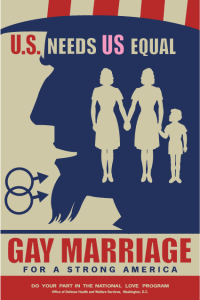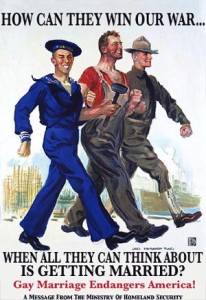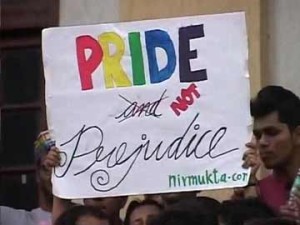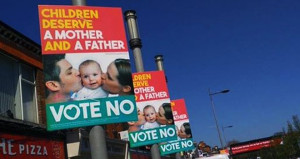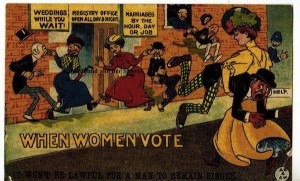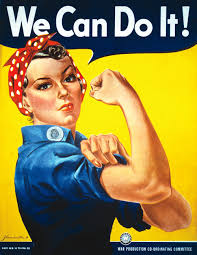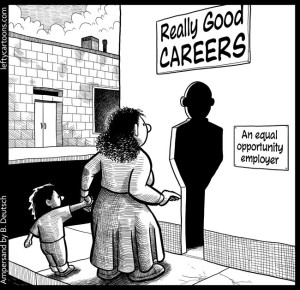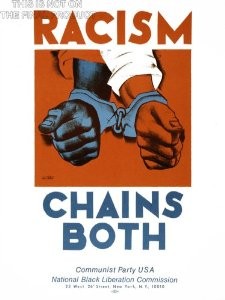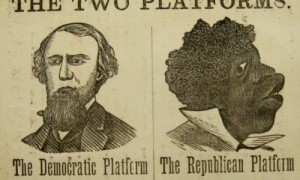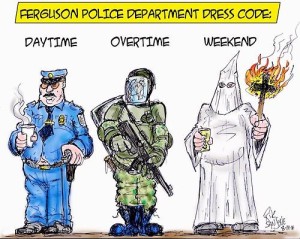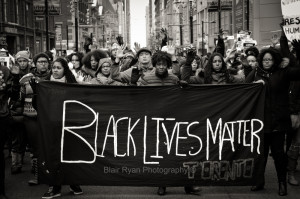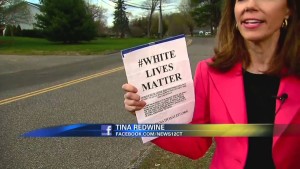Prejudice: Is It Something We Can Control?
Text Set for Frankenstein by Mary Shelley and Pride and Prejudice by Jane Austen
created by Brenna Conrad
I will be working with an 11A class studying British Literature. In class, we will be reading Frankenstein and Pride and Prejudice. At first, I had a lot of difficulty finding a theme that would be applicable not only to both texts but also to two sets of students who get to choose which book they want to read. I chose to focus my unit on the concept of prejudice and if it is something that we can control. In Frankenstein, prejudice is visible when everyone rejects the monster based on its appearance. In Pride and Prejudice, it is inherent in how the classes are divided and how characters treat one another. I chose this overarching theme because I think that this idea of prejudice is a very prominent issue in today’s society and should be considered and discussed in an educational setting. I want students to be able to not only get a more complex and complete understanding of what prejudice is and how it is prevalent in society but also to understand that there are many subtle ways it is incorporated into the media and texts. This is important for students to be aware of, especially as technology and media is becoming increasingly more influential as time progresses.
With this goal in mind, I constructed my text set with illustrating prejudices not only in as many forms of media as possible but in as many different time periods as possible. I want students to place these books among many other works that display the dangers and horrors of prejudice. Though I tried to incorporate multiple sources from different time periods to plot prejudice through time, I narrowed my focus to current media that my students have witnessed in their lifetime, allowing them to personally connect with these sources. Prejudice is one of the most prevalent issues in today’s society, and I think creating an awareness about how prejudice is incorporated into our society in multiple forms of media is very important for learners.
Anchor Texts (although other texts may be used!):
Frankenstein by Mary Shelley

Pride and Prejudice by Jane Austen

Children’s Books
The Sneeches by Dr. Seuss (Also available on YouTube)
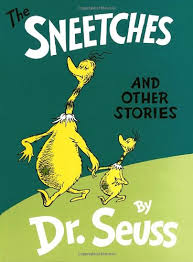
Young Adult Texts
This Dark Endeavor by Kenneth Oppel (YA pairing to Frankenstein)
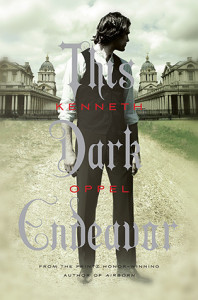
Prom and Prejudice by Elizabeth Eulberg (YA pairing to Pride and Prejudice)
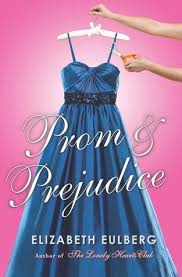
Films
Mary Shelley’s Frankenstein (with Kenneth Branagh and Robert Di Niro)
Pride & Prejudice (with Kiera Knightly)
Pride and Prejudice (with Colin Firth)
Cinderella
Plays
The Laramie Project by Moisés Kaufman
Othello by William Shakespeare
Images Used as Propaganda for Protest Movements
Gay Rights:
3.25.2015, Prior to WWI, June 2015 Gay Rights Movement, June 2015 Anti-Gay Rights Movement
Women’s Suffrage:
Anti-Suffrage, Pro-Suffrage, 2013
Civil Rights:
1960s, Anti-Civil Rights, Black Lives Matter Movement, Black Lives Matter Movement, Counter to Black Lives Matter Movement
News Articles
Transgender Student Seeks Acceptance as She Runs for Homecoming Queen
BBC News: The Girl Who Was Shot for Going to School
Girls who Code aim to Make Waves in a Man’s World
Seeking Self-Esteem Through Surgery
Poems
“I, Too” by Langston Hughes
“Caged Bird” by Maya Angelou
“Beautiful City” by Alfred Tennyson
“Discrimination” by Kenneth Rexroth
“Breaking Prejudice” by Daniel Tabone
Songs
“Teenage Frankenstein” by Alice Cooper
“Same Love” by Macklemore
“Blackbird” by The Beatles
“Chains” by Usher
Charts
Gap in Yearly Earnings
Race of Prisoners
Essays
Gilbert and Gubar: “The Madwoman in the Attic: The Woman Writer and the Nineteenth-Century Literary Imagination”
TV Shows/YouTube Clips
Family Guy: African American Prejudice
Family Guy: Asian Prejudice
Family Guy: Mexican Prejudice
Family Guy: Italian Prejudice
Family Guy: Muslim Prejudice
Family Guy: Christian Prejudice
Social Mobility with Legos
Guiding Questions
- What is prejudice?
- How is prejudice seen in today’s society? Has this changed in comparison to the past?
- How does society portray prejudice? How do we speak back to prejudice?
- Are there prejudices that we are unaware of, but still possess? How do we know? What can we do about it?
- Do people live in fear of prejudice? What do they do to avoid it?
- Are prejudice and racism the same thing?
- What different types of prejudice are there? Do some levels of prejudice feel stronger or more impactful than others? How might ranking levels of prejudice be problematic?
- Can we eradicate prejudice or is it a reality of human nature?
Writing Prompts
- How many different forms of prejudice are there? Are they all prejudice?
- Make a list of things you’ve seen in the media that promote a prejudice society. Consider media such as television commercials, shows, movies, songs, magazines, or even comics. Pick 5 media that you believe are the most detrimental and briefly explain why.
- After reading Frankenstein or Pride and Prejudice, has your concept of prejudice changed?
- Choose a group that has been historically marginalized—either one that we talked about in class or a different group—and examine how the prejudice against this group has shifted across years.
- Do you believe that it is human nature to be prejudice or that it is something society has taught. Write an argument for the side that you believe in. Be sure to include example from class and at least two credible outside sources.
- In a journal entry, discuss prejudice in our society. Consider: Do people use prejudice in a way to benefit themselves? How do we as a society associate prejudice and humor? Is that ok? Are we making progress away from prejudice? Why or why not?
A special thanks to Brenna for this phenomenal text set! We think this text set would be useful for many anchor texts! What do you think?

